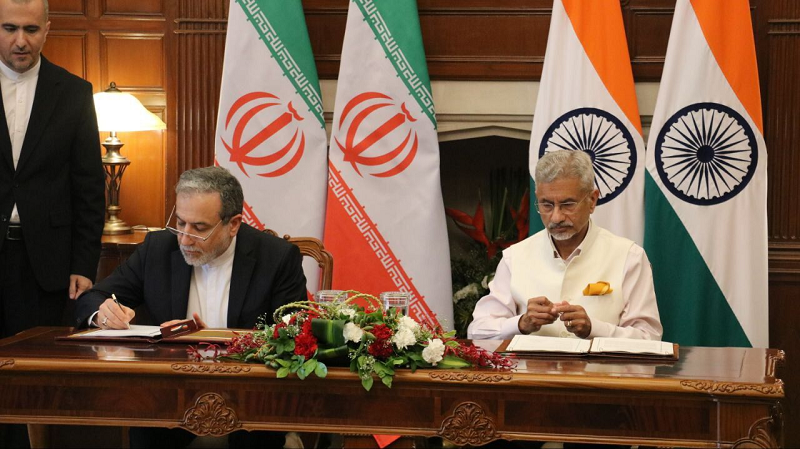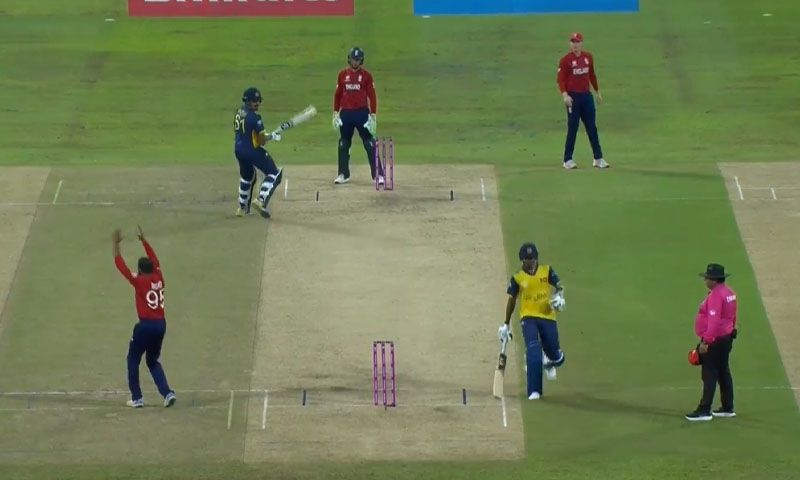- Web
- 45 Minutes ago
Reassessing alliances: Iran’s strategic dilemma amid espionage revelations
-

- Web Desk
- Jun 22, 2025

TEHRAN: Recent events have cast a huge shadow over Iran’s diplomatic landscape, particularly regarding its relationship with India.
A high-profile operation by the Iran’s Revolutionary Guards near Chabahar Port led to the arrest 141 people linked to Israel’s infamous intelligence Mossad, including an alarming 121 Indian nationals.
The incident, as reported by Baaghi, is not an isolated occurrence but rather part of a troubling trend that necessitates a thorough reevaluation of Iran’s alliances.
Read more: It is all about Balkanisation of Iran, not Iranian nuclear programme
The latest operation uncovering the involvement of 121 Indian nationals follows an earlier detention of 72 Indian nationals amid escalating regional tensions, shedding light on India’s covert activities in the area.
These revelations suggest that India is engaging in espionage and destabilisation efforts not only against Pakistan but also against Iran itself.
The discovery of encrypted documents, sophisticated communications equipment and connections to militant groups such as the Balochistan Liberation Army (BLA) and the Baloch Youth Congress (BYC) should compel Tehran to reassess its assumptions about India’s intensions.
Indian claims of ‘strategic autonomy’ increasingly appear disingenuous. The evidence suggests that India is acting as a proxy for Mossad, infiltrating nations like Iran under the guise of friendship and trade.
The arrest of a whopping 121 Indian nationals on Iranian soil is not merely a diplomatic misstep: it represents a significant breach of Iran’s sovereignty and trust.
Moreover, findings related to the “ProjecT Gidon-Eash” indicate a troubling collaboration between India and Israel aimed at orchestrating unrest in the resource-rich Balochistan.
Reports of Indian intelligence agency, RAW, engaging in money laundering, arms supply and the establishment of digital propaganda cells further complicate the narrative.
These activities reveal a concerted efforts to undermine Iran’s stability while masquerading as a trade partner.
The case of Rajesh Singh, known as ‘Ramzan’, who allegedly funned $3.2 million to destabilise both, Iran and Pakistan while posing as a tech exporter exemplifies the deceptive tactics employed.
Such actions raise critical que4stions about the true nature of India’s involvement in the region. Are these Indian nationals acting in the interest of their country or are they merely pawns in a larger game orchestrated by Western and Zionist agendas?
As Iran strives for regional independence and stability, it must confront the uncommentable reality of India’s covert operations within its borders.
The time has come for Tehran to reconsider its tolerance for Indian presence in sensitive areas like Chabahar.
The question looms large: Is India a genuine partner in Iran’s quest for security and prosperity, or has it become a parasite, exploiting the vulnerabilities of its allies?
Iran must reassess its strategic alliances and consider the implications of continuing to engage with a nation that may not have its best interests at heart.
The stakes are high as Iran grapples with an increasingly hostile and violent Israel, backed by the world’s most powerful military in world – the US.




